The problem of "dirty" advertising: Countries take strong measures to deal with it
Online advertising costs are increasing, especially in the context of users shifting strongly to the digital environment and multi-channel shopping.
With the advantage of views, clicks, interactions... online advertising makes many businesses boldly invest. However, the fact that the numbers are only to meet the requirements delivered according to the contract agreement... has made many businesses or intermediary companies advertise on all channels regardless of bad or illegal content.
In fact, there have been cases of Vietnamese brands and trademarks advertising on social networks being associated with offensive, false, or illegal content. Recently, two media companies were fined for placing advertisements of many brands on illegal social networking sites. This not only does not create efficiency but also damages the brand image of the brands.
Recognizing the great role and influence of advertising, many countries have specific laws and regulations to manage information on these platforms.
China tightens regulations
China's advertising market regulator has proposed new regulations to strengthen supervision over online advertising in a bid to create a healthier advertising environment for users.
Content and advertising on the country's cyberspace must comply with laws and regulations and be subject to the management of many state agencies such as the Radio and Television Administration and the Cyberspace Administration.
In recent years, China has continuously introduced regulations and measures to clean up advertising content to protect users, especially minors. When advertising on the Internet, businesses must meet many strict requirements to create a civilized online environment and promote unique traditional Chinese culture. The government has tightened control and censorship of offensive content such as pornography, gambling, and fake news.
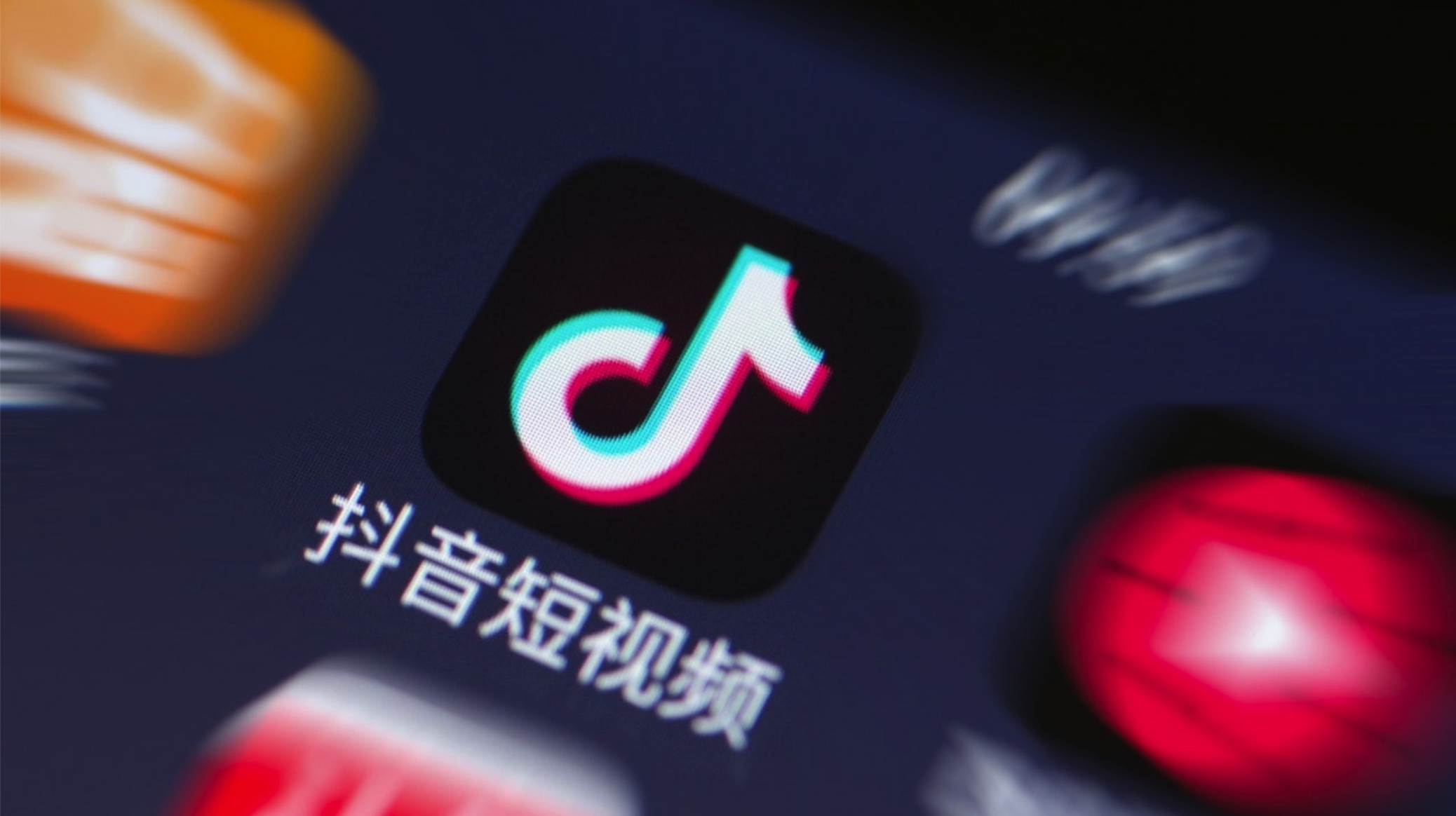
Douyin, the Chinese version of TikTok (Photo: China Social Media).
In 2021, TikTok was fined tens of thousands of yuan in its home country for advertising obscene and vulgar content. The country's social network is currently plagued with harmful advertising content, directing users to other platforms to commit illegal acts through WeChat contact numbers.
According to the Chinese government, advertising harmful content online will have a huge impact due to its "huge" number of users. Therefore, in 2022, China will continuously introduce tougher laws and regulations to manage technology businesses. Hundreds of applications have been "banned" by China for having offensive, pornographic, violent and illegal advertising content. In the third quarter of 2022 alone, nearly 9,000 illegal websites were closed and major platforms such as Weibo, Douban, and Sohu were also fined for failing to fulfill their information and advertising management obligations.
Japan strengthens management of "big guys"
In Japan, online advertising is also strictly regulated to ensure fairness and transparency for this huge market. The country has adopted new laws to regulate Google, YouTube, Facebook and Yahoo - the "giants" that are playing a dominant and almost monopolistic role in the market.
Following the online sales sector, the cherry blossom country continues to impose new criteria to more strictly manage online advertising. The country has required companies to report on the conditions of the advertising services they provide to customers.
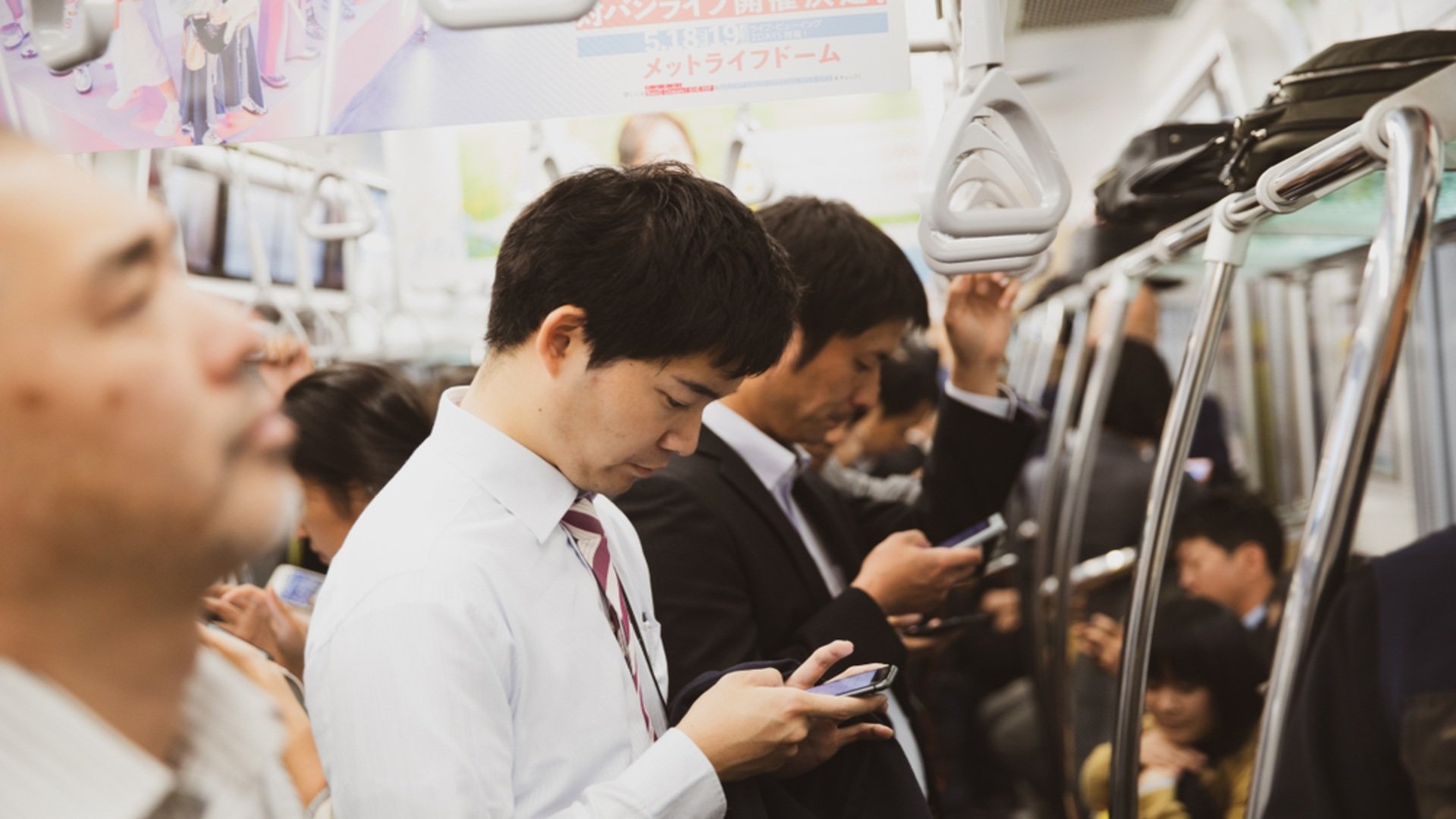
Japan tightly regulates advertising giants (Photo: Shutterstock).
The content that businesses must report includes the criteria for deciding the order in which ads are displayed on websites, how businesses collect viewer data, and the terms of contracts with advertisers. Not only that, businesses in this country must also have a department to receive complaints and questions from users about the advertising services they provide.
According to the Japan Fair Trade Commission, Google, Meta and Yahoo are dominating the field of online advertising, in which Google alone accounts for nearly 80% of the market share in this field. Therefore, the Japanese government believes that the monopoly of technology corporations is growing so they will have to strengthen regulations to control advertising and illegal income from advertising.
Singapore: Proposal to fine businesses 10% of profits if they violate
Recently, the Singapore Parliament has also passed the Enhancing Online Safety Act to manage and prevent negative impacts from cyberspace on citizens. According to this new law, the authorities will have the right to request social media platforms to immediately remove harmful content and advertisements.
Josephine Teo, Singapore’s Minister for Communications and Information , said the new law addresses issues that have been raised in previous laws. She said it will be able to deal with harmful content and advertising that Singaporeans may be exposed to.
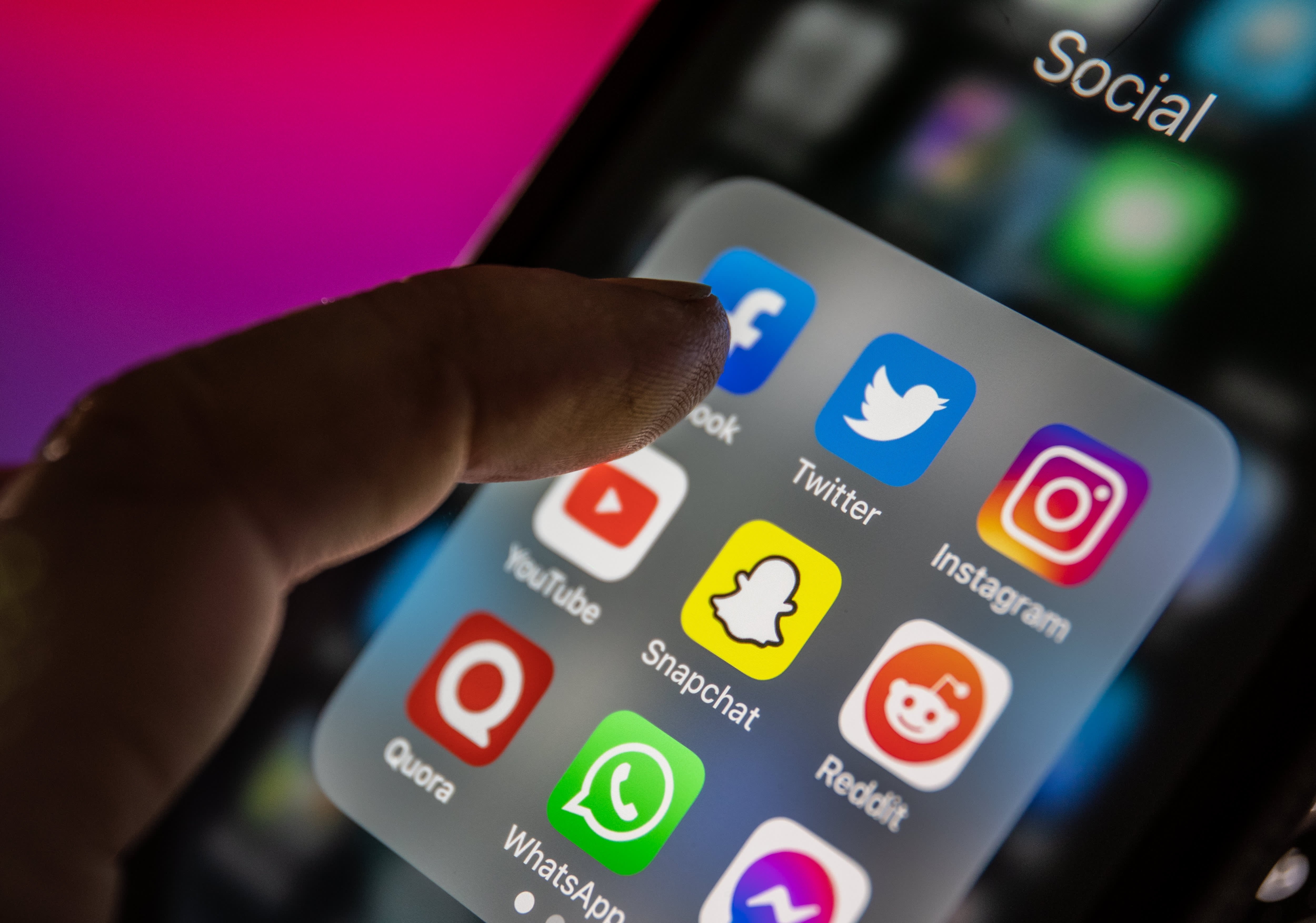
Media companies will face fines of up to $715,000 (about VND16.8 billion) if they fail to comply (Photo: CNBC).
This new law also empowers the Infocomm Media Development Authority to request social media platforms such as Facebook, TikTok, Instagram or YouTube... to remove harmful content and advertisements such as terrorism, violence, abuse...
Media companies will face fines of up to $715,000 for non-compliance. In addition to fines, the Infocomm Media Development Authority can order providers to block access to users who violate the law. The law also defines what constitutes infringing content and provides stronger protections for users.
The new law is particularly important for teenagers and children under 18, who are vulnerable to harmful content on social media. The government has provided measures and tools for parents to monitor and report harmful content and inappropriate advertising.
Previously, popular social media platforms such as Facebook, Instagram, YouTube, etc. were also the main subjects of many regulations in Singapore to combat the problem of toxic and false news. In 2019, Facebook had to introduce stricter standards for political ads to prevent fake news ahead of the 2020 Singapore general election. All election-related and political ads in Singapore posted on Facebook or Instagram will have to verify identity, location, and be fully responsible before the law.
The bill has attracted a lot of comments before it was passed. Mr. Desmond Choo, a member of parliament, said that the bill should not stop at the above fine for media companies, but he also proposed that the fine could be raised to 10% of the company's profits. He also said that in addition to the fine, media companies that do not comply will also suffer other damages and reduce the reputation of their brands with users.
It is expected that in the coming time, the Government of this country will continue to amend and supplement the regulations of the legal system governing cyberspace to suit the rapid development of social networks.
Where do users trust advertising?
According to a survey by YouGov, the world's leading market research and analytics company, the majority of people in the Asia-Pacific region believe that toxic advertising is a serious problem. 75% of respondents said that television is considered the most trustworthy source of news and 68% of users trust mainstream media channels. Meanwhile, social media is the least trusted source of news at only 60%.
Notably, more than half of respondents said they would have a more negative view of a brand that advertised on sites with toxic content. Not only that, 54% of respondents said they would not buy from brands that advertised on unofficial platforms.
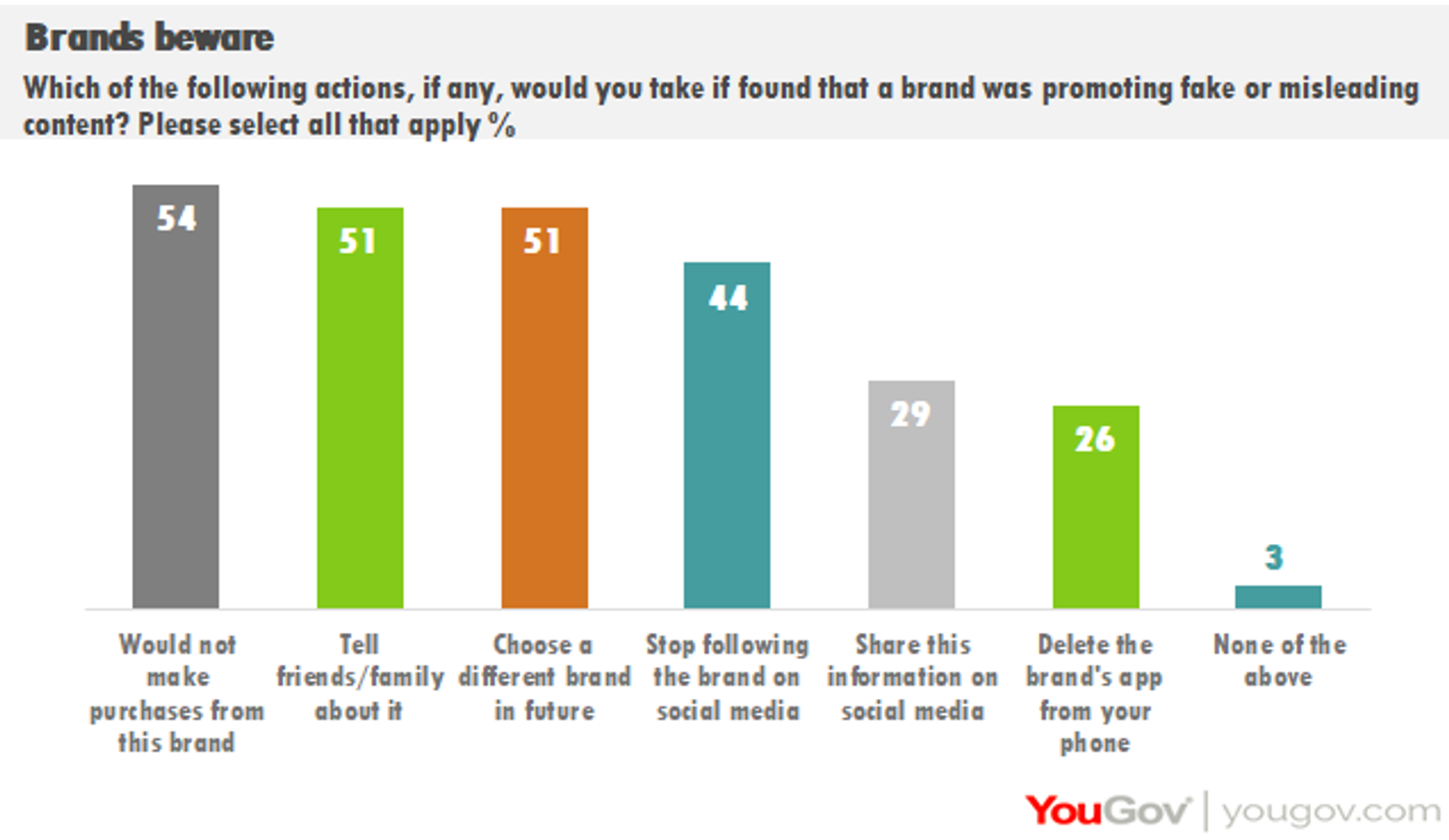
YouGov survey (Photo: YouGov)
This also shows how the choice of platform and advertising content can influence consumer behavior. If consumers discover that a brand has promoted fake or toxic content, 54% of them will not buy from that brand again and will choose another brand in the future. Furthermore, 29% of users said they would share this information on social media and 26% would immediately delete the brand’s app from their phone.
Notably, television and newspapers are two of the top three platforms that consumers consider very important in providing authoritative information, and 57% of users are willing to pay to access these news sources.
Content: Phuong Lien (compiled)
April 27, 2023
Source





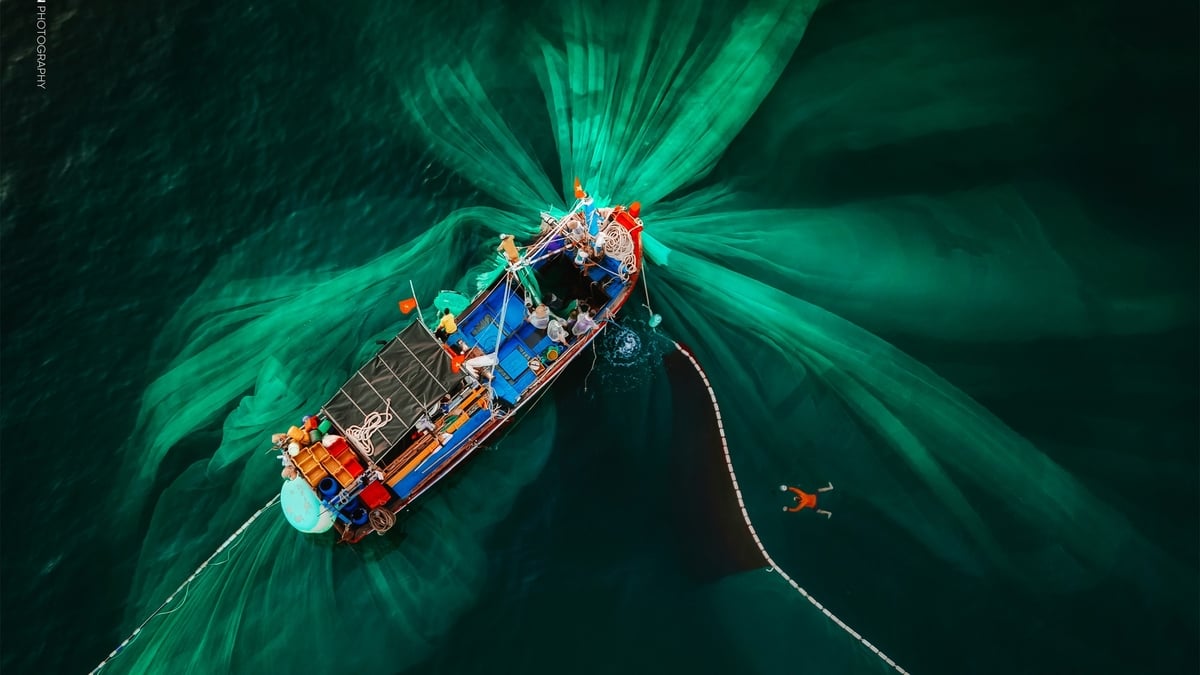







































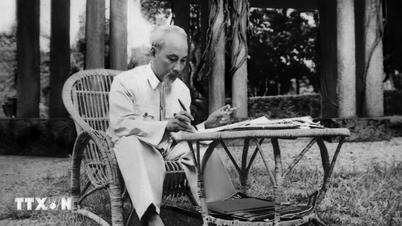






![[Maritime News] Wan Hai Lines invests $150 million to buy 48,000 containers](https://vphoto.vietnam.vn/thumb/402x226/vietnam/resource/IMAGE/2025/6/20/c945a62aff624b4bb5c25e67e9bcc1cb)






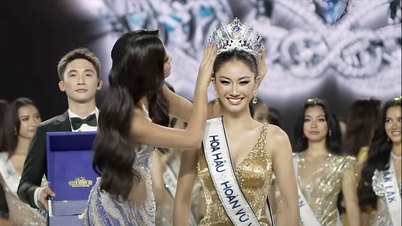





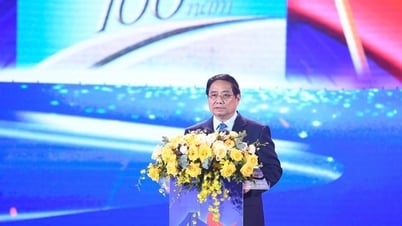

![[Infographic] Party Committee of the Ministry of Culture, Sports and Tourism: Marks of the 2020 - 2025 term](https://vphoto.vietnam.vn/thumb/402x226/vietnam/resource/IMAGE/2025/6/22/058c9f95a9a54fcab13153cddc34435e)













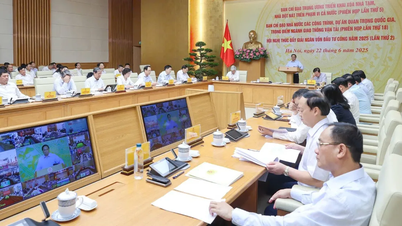














Comment (0)